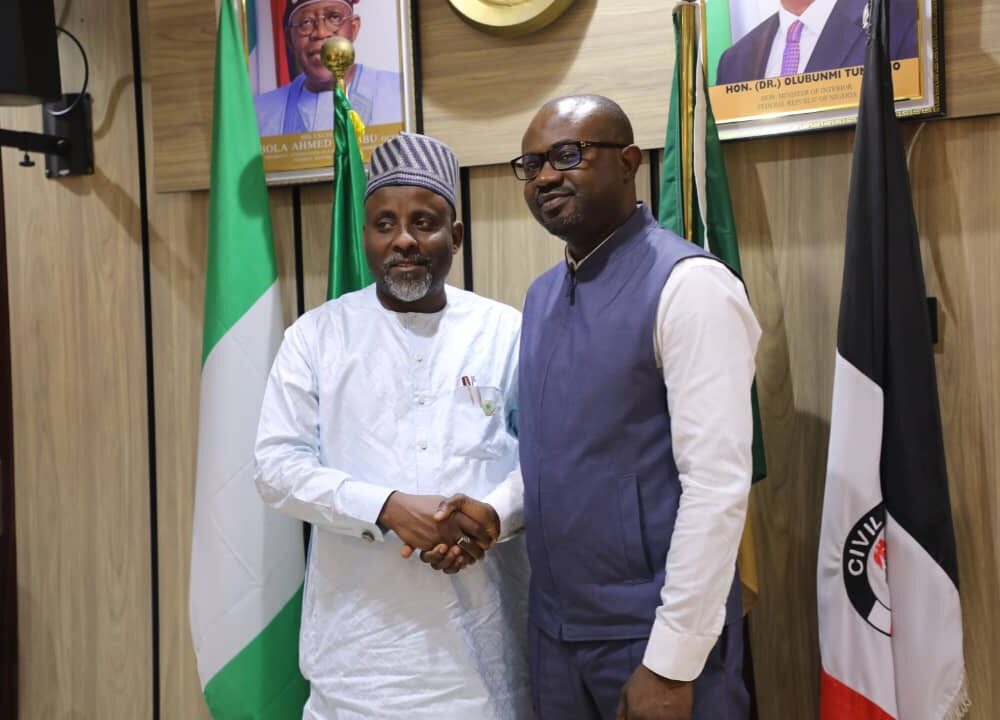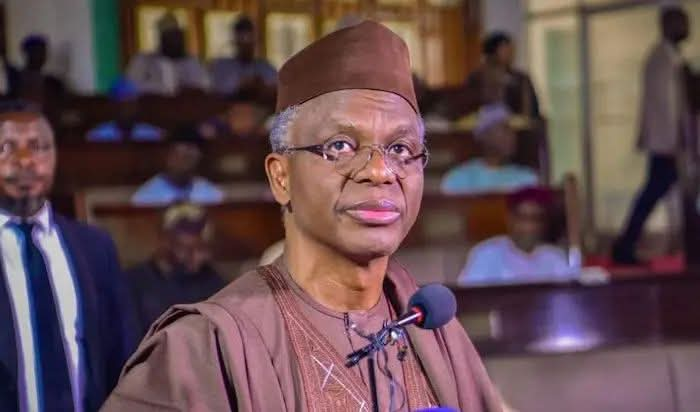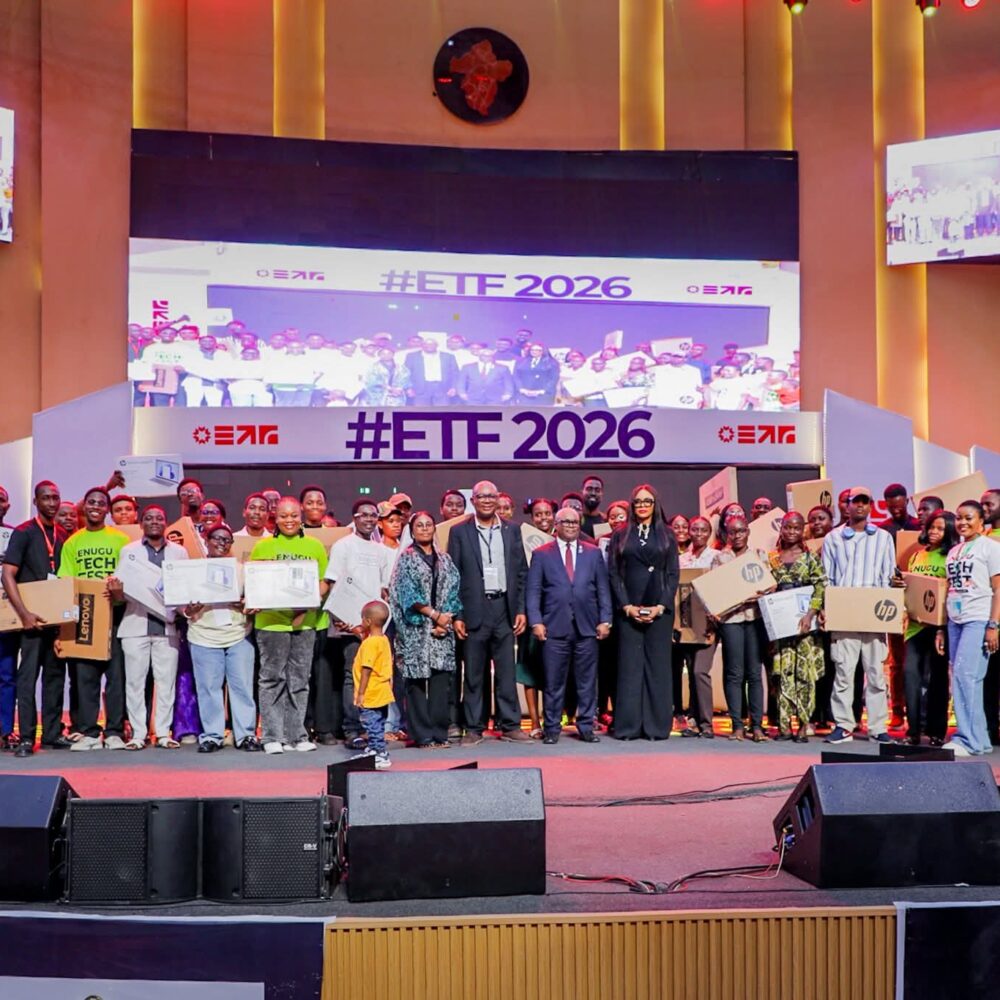The sponsor of Social media protection bill and Senator representing Niger East Senatorial District In Nigeria Senate,Senator Mohammed Sani Musa has reacted to a claim of the similarity between the draft Bill he sponsored on ‘Protection from Internet Falsehoods and Manipulations and for other related matters’ with the Singaporean Statute on the same subject,which was said to be an instance of plagiarism.
A statement released from his media office said “All over the world legislations in other jurisdictions do influence the form and substance in other jurisdictions particularly where the subject matter of legislation is common and present the same or similar challenges of regulation. Examples of these are bound in Company Law Reforms, Trade Mark Legislations and Securities Regulations across the globe.
The problems and challenges of regulating internet activities cuts across jurisdictions. It is therefore inevitable that lessons be DRAWN from other jurisdictions in fashioning out workable solutions in our own country. Legislations across the globe are public documents and National legislatures do not claim right over them as to form the basis for a claim for plagiarism over them their effectiveness being limited to the territorial jurisdiction of each Sovereign state.
The general public is therefore kindly advised not to heed to the jejune attempt by uninformed mischief-makers going round distorting what is clearly a no issue. Laws, when enacted, become universal templates that can be adopted and domesticated to fit peculiarities.
Beyond the rhetoric, the internet space in Nigeria has become corrosive. Information whether true or false spreads like wildfire. We may have the capacity to regulate the internet space but it is extremely difficult to regulate the effect of hate speech distributed through online platforms. The bill imposes on service providers stiff penalties if their platform is used to disseminate falsehood that can potentially lead to social strife – and this is the global practice.
It is no coincidence that Countries with regulated internet report relatively lower cases of Fake News and Hate Speech. Like Mark Zuckerberg, founder of Facebook opined, ‘Internet Companies should be accountable for enforcing standards on harmful content. It is impossible to remove all harmful content from the Internet, but when people use dozens of different sharing services all with their own policies and processes,we need a more standardized approach’.
And this is the crux of the move to sanitize the corrosive internet space in Nigeria. We may fear and fret for the manipulation of such laws by Politicians and Government officials but it is not enough reason to negate the overall gains of these regulations.
The inherent gains it comes with are enormous – a free internet that guarantees national security; protection of minors (abusive forms of marketing, violence, pornography); protection of human dignity (incitement to racial hatred or racial discrimination); economic security (free of fraud, instructions on pirating credit cards); information security (freedom from malicious hacking); protection of privacy (freedom from unauthorized communication of personal data, electronic harassment); protection of reputation; intellectual property etc as propounded by The European Union Paper on “Illegal and harmful content on the Internet”.
The statement further urged Nigerians to support the lawmaker
in his quest to guarantees sanity and protection of rights and sensitivities on the internet and not harangued into throwing away the bill , as nothing enhances life than sanity for all.





